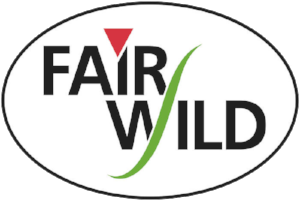An overview of how the Standard 3.0 works
The FairWild Standard has 7 Principles and 24 Criteria addressing three themes: the ecological, socio-cultural, and business requirements for sustainable wild collection.
THEME 1: ECOLOGICAL
Wild harvesting supports conservation of the collected species.
Wild harvesting has a neutral or positive impact on the collection area and the broader landscape
theme 2: socio-cultural
Human rights of wild collectors and workers are respected.
Arrangements between operators, wild collectors, and workers are fair.
Benefits and respect for customary rights of wild collectors and their communities are ensured.
theme 3: business
Harvest and trade of wild resources are legally compliant.
Responsible business practices are applied.
The seven FairWild Principles







RATING SYSTEM
The FairWild Standard is accompanied by an audit checklist. The control points within the checklist are used to assess certification applicants’ compliance with the FairWild Standard requirements. They can also be used as verifiers where certification is not the expected outcome. The rating system has been designed to facilitate continuous improvement, and to demonstrate commitment beyond minimum performance.
risk classification
Every species responds differently to the pressures of wild collection, so the tasks associated with sustainable wild collection management will vary. Many factors contribute to the risk of unsustainable wild collection of target species. Some of these are outlined in the FairWild Standard Performance Indicators, where the additional requirements for “high risk” species are also given.
Find out more about how to start your FairWild journey on our “What we offer business” page. Or get in touch with us directly. View or download the FairWild Standard in multiple languages alongside additional documents and guidance materials.




